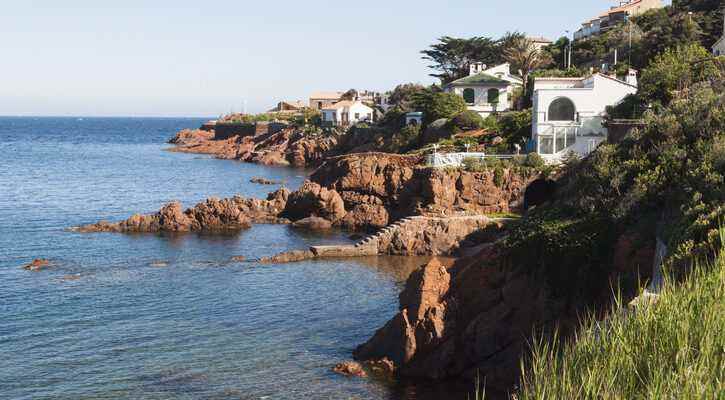We tend to forget it, but the housing tax (TH) does not completely disappear from the French tax landscape! The exemption only applies to main residences. The 3.6 million owners of pied-à-terre will continue to pay this local property tax, which contributes to filling the coffers of the municipalities. It does not matter that they are otherwise exempt for their principal residence.
According to a study by Prello, a real estate player that facilitates the purchase of several, the housing tax on holiday homes will increase frankly in 2022. The note, sent next November, could be steep. Many tourist towns, located in tight areas, have indeed voted this year to increase their rate, as they have been entitled to since 2017, up to up to 60%!
As a reminder, this tax is calculated on the cadastral rental value of the property, to which a rate voted by the municipality and/or the intermunicipality applies. According to data from Bercy, the average amount of TH for a second home is €815. In 2020, the voted increases had already led to an average increase in the €248.50.
And soon, cadastral rental values
Unsurprisingly, large disparities exist between cities, since this rate depends above all on the way in which the municipality is managed.
The south of France is particularly affected by this surcharge. The highest municipal rate is now that of Sète, in the Hérault (44.2%). Next are Frontignan (in the same department), with a rate of 37.9%, and Le Cannet (Alpes-Maritimes), with 37.4% (see infographic opposite). All three voted for a 40% increase.
Conversely, it is good to own a holiday resort in Ouistreham (Calvados), where the municipal rate is only 5.42%, in Carry-le-Rouet (Bouches-du-Rhône), with 9, 1%, or in Cucq, in Pas-de-Calais (10.13%). Paris is also a good option, since its rate is one of the lowest in France (13.38% in 2022).
This is without taking into account the impact of inflation on cadastral rental values! That of next November will indeed determine their standard revaluation coefficient. They could thus increase by 6% to 7%.
This is not good news for these owners, who have already suffered a spectacular increase in their property tax: + 28% in ten years, according to the latest observatory of the Union of property owners (Unpi).
